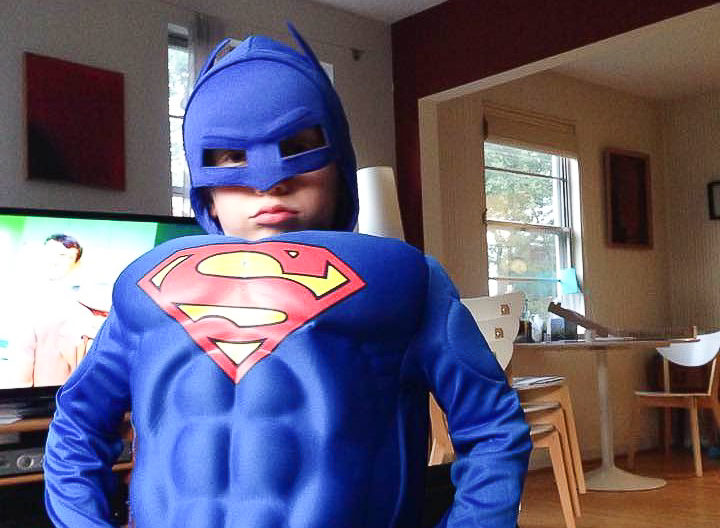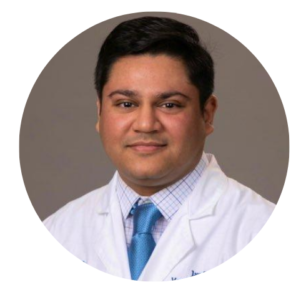Crises bring out the worst of humanity – but also the best. Throughout history, great heroes have emerged, forged in the adversity of their times. Long after a crisis has passed, heroes are remembered for their courage, their sacrifices, and above all, their selflessness.
For my generation, 9/11 was a life-changing crisis. Our heroes were the first responders and firefighters, rushing headfirst into the smoldering, soon-to-collapse twin towers to save lives. Some never emerged from that deadly cloud of dust – all knew that was a risk. The aftermath of 9/11 shook American society to its core, transforming it. At the same time, we saw our heroes; regular people who became great through their courage, sacrifice, and selflessness.
What do you do when you see somebody who needs help? Do you go to their aid, or leave them to their fate, particularly if it puts you at risk? My own simple law of life is to care. If I see someone who needs help, I will do everything in my power to offer them that helping hand. This simple law is why I chose a career in medicine.
After all, not everyone looks like they need help – but there is always a chance they do. We all need help from time to time. 9/11 showed me the seed of individual greatness starts with a desire to serve.
Today, heroes have emerged once again from the forging fire of a crisis. As we all learn to cope and adapt to the ‘new normal’ of a world in the grip of a COVID-19 pandemic, we see our new heroes: among them are the healthcare workers and support staff in Neuroscience Intensive Care Units (Neuro-ICUs).
Their heroism is that of sharing the weight of a heavy burden that they don’t have to. Medical Intensive Care Units (MICUs) are stretched beyond their limits, running out of space to accommodate the influx of COVID-19 patients with no end in sight. Although serious neurological conditions like brain hemorrhages, arteriovenous malformations (AVMs), strokes, and aneurysms continue to happen, Neuro-ICU teams across America took on the additional burden of caring for COVID-19 patients, offering respite to their MICU colleagues – and hope for their patients.
The challenge is far from easy, requiring 24/7 care while fighting an invisible, viral threat that could be present on any person, surface, or friend. These sacrifices are extraordinary – and entirely selfless. To care for people, they are giving up their lives; all this, in an ever-shifting landscape where coordination and even Personal Protective Equipment (PPE) are lacking – but the enormous numbers of sick continue to come. These heroes have no sanctuary at home either, keeping their family at a distance to avoid infection.
Some of these heroes have already fallen victims to the virus they fought so hard against. Others live in isolation, focused only on their duty of care and determination not to spread the infection to their own loved ones. Their courage, sacrifice, and selflessness are only underlined by their seemingly bottomless well of compassion and deep-seated tenacity.
Every great hero needs sustenance, however. While heroics are great for storytelling, they don’t fill the belly. Despite their superhuman feats, these are still very much made of flesh and blood like the patients they treat.
So, who cares for the carers?
The answer to this question came in a WhatsApp conversation started by Ruchira M. Jha, MD, Assistant Professor of Critical Care Medicine, Neurology, and Neurological Surgery at the University of Pittsburgh Medical Center (UPMC). Dr. Jha launched a new campaign to feed these Neuro-ICU workers, bringing a simple idea to reality in just a few hours. The thought behind this grassroots movement was to provide more than just sustenance, but food for the soul- the reminder, to all of these heroes, that they are not alone… that they have a nationwide team of supporters and colleagues who are in this together. A team of neurocritical care clinicians and members of the American Academy of Neurology (AAN) thus united in support, deciding to provide hot meals for all staff in Neuro-ICUs. This would not only sustain them in their tireless work but also boost their morale. The move would also support local businesses and show solidarity from the broader neuroscience community.
The initiative launched on March 28, 2020, with a modest initial goal of $1,000. Almost four months later, that goal wasn’t just met; it also raised more than we ever hoped for initially. Through creative collaborations with charities such as TAAF, as well as industry and societal partners, over $30,000 has been raised. Nurses, fellows, residents, medical students, and faculty from neurosurgery and neurology backgrounds joined the #NeuroHeroes army ensured deliveries were made to Neuro-ICUs from coast-to-coast warm and on time. This make up of this team was reflective of the collaborative nature of clinical neuroscience required for patients to provide high quality care.
Seeing the ways that the neuroscience community has come together in support has been inspiring. One refrain we hear a lot is the simplest: “it has been therapeutic to do something purposeful.” We are all inspired by how the neuroscience community has stood in solidarity. In a time of crisis, no act is too great or too small when it comes to heroism.
This pandemic is disorientating, but we can ground ourselves through celebrating our heroes. Our myths and legends are overflowing with tales of outstanding bravery against the odds, saving the day despite trials that might end mere mortals.
This belief in heroes is more than a story. It’s the fuel that inspires us to become heroes in our own lives and to salute the men and women who choose to be that shining beacon of hope. No matter the odds, no matter the danger, nurses, physicians, EMTs, and other healthcare providers are out their fighting COVID-19 in Emergency Rooms and ICUs across the land – and saving the lives of thousands. We must salute them.
Where we used to say, “see something, say something,” we now say, “wash your hands” and “distance from others.” Whether living in normal times or through a crisis, we all have our roles to play. Today’s circumstances may be harrowing, but we are responding, we are fighting, and we will not give up.
This isn’t just an American story, but a global one. All around the world, millions of healthcare workers and essential staff have risen to the challenge of caring for COVID-19 patients, often without the right equipment and little to no preparation. All of them put their lives on the line – and we are honored to work alongside those who display such commitment, dedication, and professionalism.
Today, we salute the nurses, the nurse practitioners, the physician assistants, the physicians, the secretaries, the patient care technicians, and the environmental service teams. Every day, in America and around the world, these heroes risk infection to save the lives of hundreds of thousands of patients.
Click the photo to learn more about Dr. Dolia.

